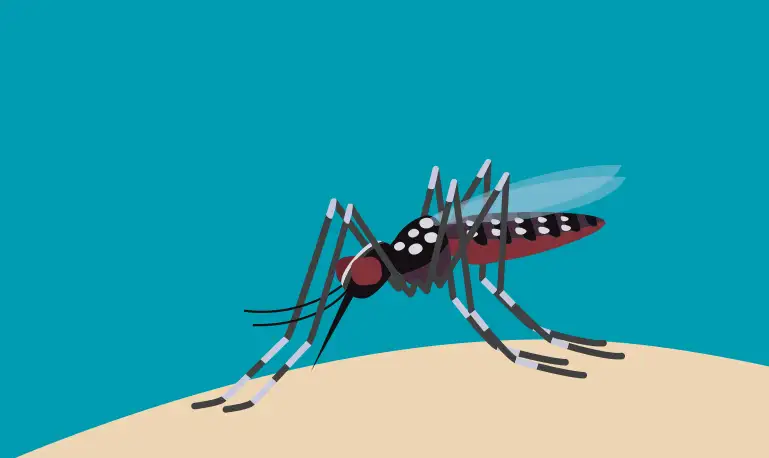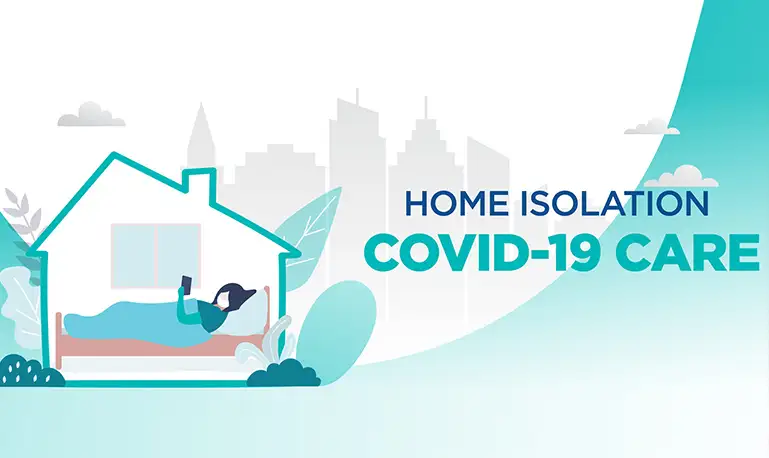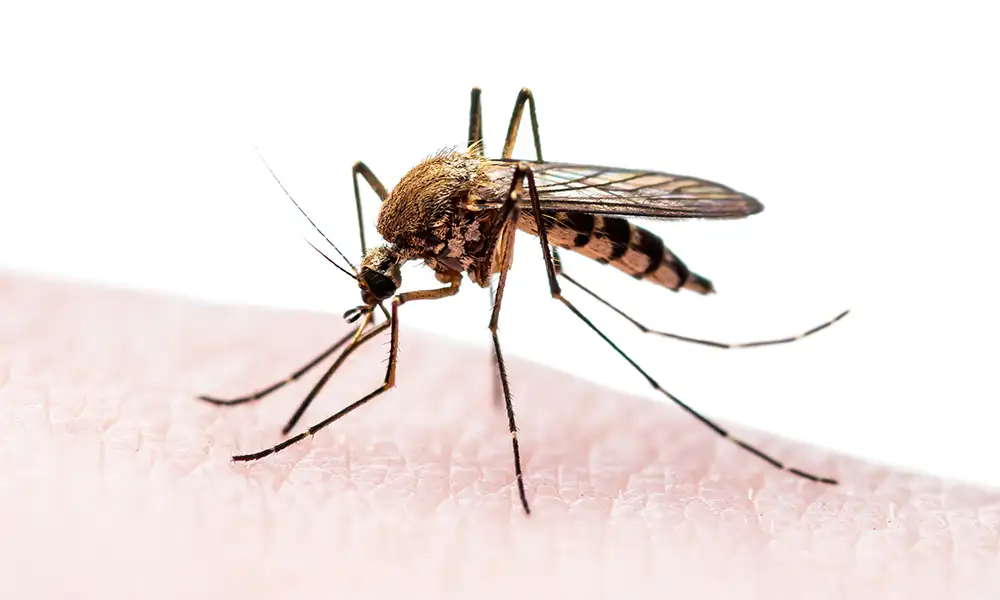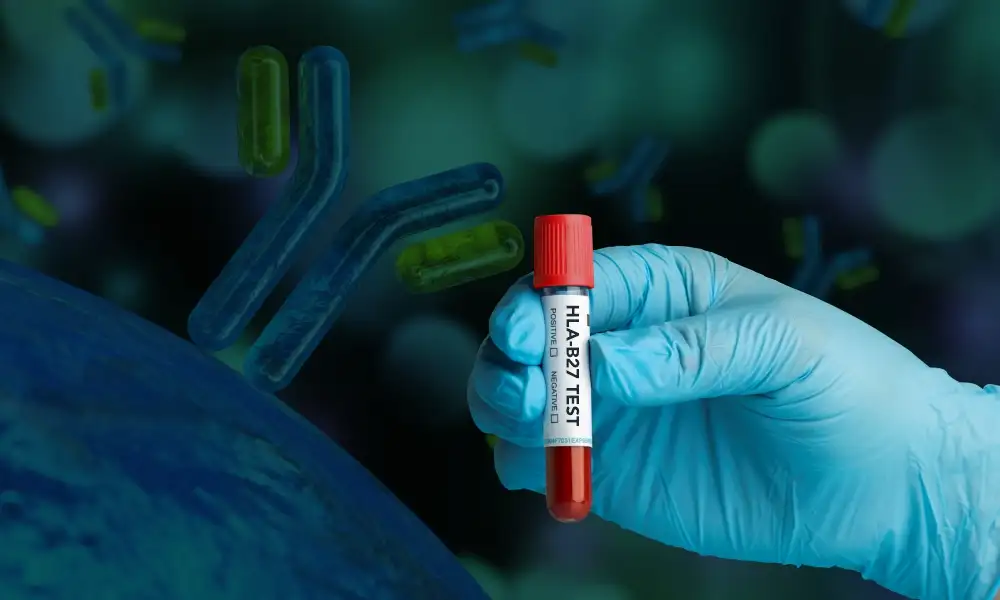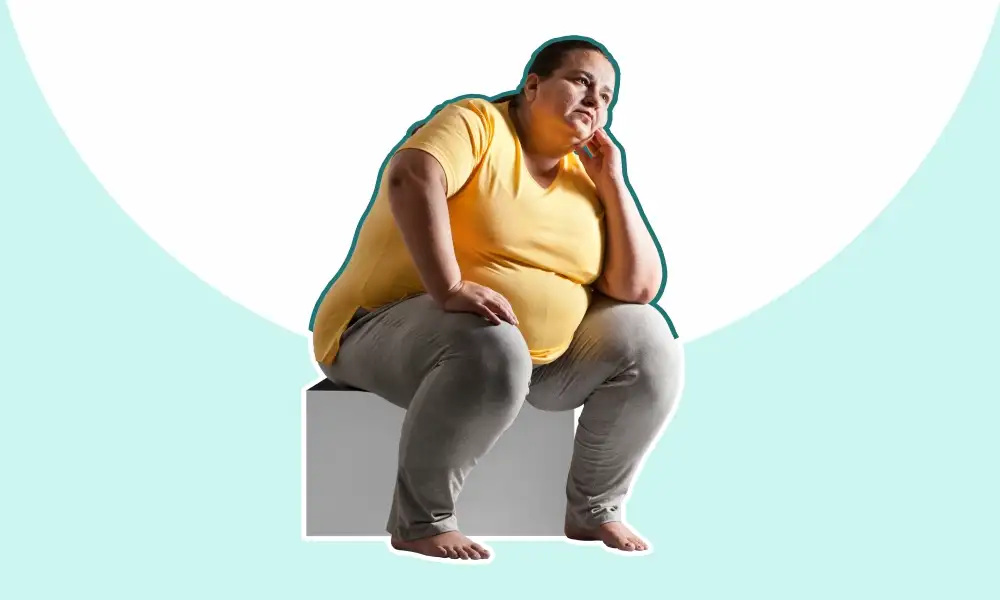Want blood tests to hurt less? Sleep more!
- February 07,2019
- 2 Min Read
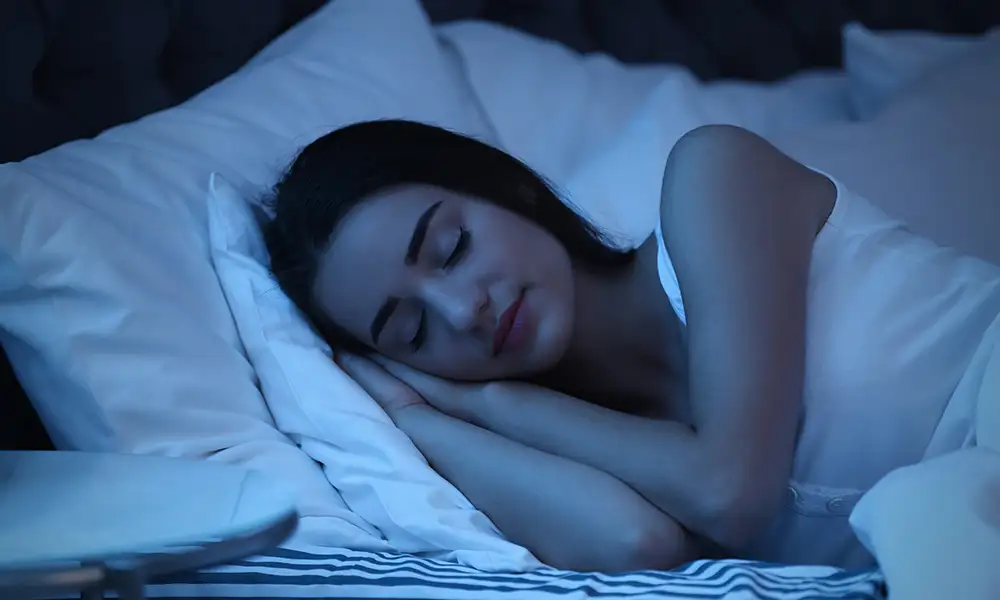
What scares you or repels you the most when you think of getting a blood test done? For most people, it is the pain associated with blood collection that makes them go weak in their knees. Well, there’s a simple solution that nature has provided us to reduce the amount of pain we feel and to improve our tolerance to pain. It's a sound sleep. Evidence now backs the fact that good quality sleep for an adequate duration can provide a robust and natural tool to raise our endurance to pain. Read on to find more.
A single night of sleep deprivation reduces a person’s pain threshold by over 15%. Study veteran insomniacs know in their bones what science has to say about sleep deprivation and pain: that the two travel together; one fueling the other. For instance, people who develop chronic pain often lose the ability to sleep well, and quickly point to a bad back, sciatica or arthritis as the reason. The loss of sleep in turn, can make a bad back feel worse, and the next night’s slumber even more difficult.
Why sleep deprivation amplifies pain is not fully worked out, but it has to do with how the body responds to an injury. First, it hurts, as nerves send a blast up the spinal cord and into the brain. There, a network of neural regions flares in reaction to the injury and works to manage, or blunt, the sensation. In a sleep-lab experiment, the researchers found that a single night of sleep deprivation reduced a person’s pain threshold by over 15% and left a clear signature in the brain’s pain-management centers.
In a separate experiment, the team determined that small deviations in the average amount of sleep from one day to another predicted the level of overall pain felt the next day.
“What’s exciting about these findings is that they will stimulate, and justify, doing more research to figure this system out.” Said Michael J Twery, Director of sleep disorders branch of National Heart, Lung and Blood Institute, who was not involved in the new study. “Once we understand how sleep deprivation changes how these pathways function, we should be able to manage pain more effectively.”
The study team led by Adam J Kraudr and Matthew P Walker of the University of California, Berkrley, had 25 adults come into the lab on two occasions to measure their pain threshold for heat. Two measurements were taken from each subject, one in the morning after a full night’s sleep, and one in the morning after staying up all night. The two visits occurred at least a week apart and included measurements in a brain-imaging machine.
The subjects judge the pain sensation of having a small, heated pad pressed against their skin, near the ankle. By gradually adjusting the temperature up and down, the researchers identified the level of pain that each person graded as 10 or “unbearable” on a scale of 1 to 10. Pulling an all-nighter increased everyone’s sensitivity to heat the next morning by 15 to 30% on the pain scale. But the brain imaging added a new dimension: For each participant, activity spiked in pain perception regions, and plunged in regions thought to help manage or reduce pain. The biggest peaks were in the somatosensory cortex, a strip of neural tissue that runs across the top of the brain like a headphone band.
In a separate trial, the research team recruited 60 adults online who reported having daily pain. For each individual, poor sleep quality predicted higher ratings on the daily pain scale. The duration of sleep was not the critical factor, the study found; what mattered were alterations to deep sleep, the mostly dreamless period of rich slumber.
Want to book a test? Fill up the details & get a callback
Most Viewed
Premarital Health Screening
- 20 Min Read
Typhoid - Signs and Symptoms
- 3 Min Read
Home Isolation Guidelines - Covid-19 Care
- 5 Min Read
HLA B27 Detection: Flow Cytometry & PCR
- 1 Min Read




